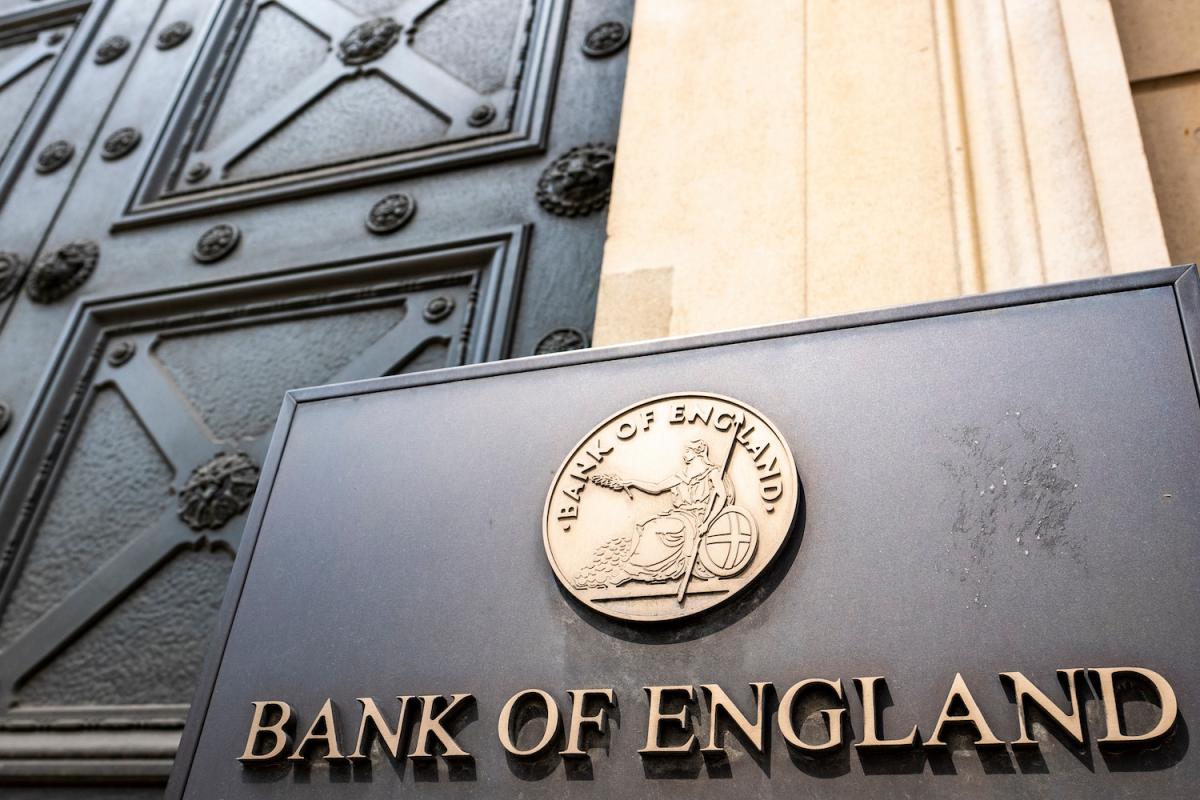
According to (Bloomberg), as global enthusiasm for central bank digital currencies (CBDCs) wanes, the Bank of England's original plan to launch a 'digital pound' for the general public may also be shelved.
(Bloomberg) cited sources saying that Bank of England officials are considering whether to postpone the promotion of a 'retail CBDC', which is 'digital cash' intended for everyday transactions by the public.
According to reports, the Bank of England has been privately urging banks to accelerate the pace of digital payment innovation, hoping to achieve the same or similar payment convenience without the need to create a CBDC for consumers.
Informed sources indicate that the Bank of England has not completely abandoned the 'digital pound', but if private innovation is sufficient to fill the demand gap, the central bank is willing to take a back seat. Moreover, central bank officials believe that the benefits and incentives for promoting the 'digital pound' are no longer as compelling as before.
Several years ago, the Bank of England and the UK Treasury publicly stated that it was 'very likely' they would issue a CBDC, but now they have shifted to a more cautious wait until the 'design phase' is completed before deciding whether to issue one.
Andrew Bailey, the Governor of the Bank of England, stated during a parliamentary hearing on Tuesday that he would need 'extremely persuasive reasons' to agree to continue promoting a digital pound if cooperation with commercial banks goes smoothly. He said:
I believe this approach is relatively pragmatic. If payment innovation can meet the standards, I am not sure if we need to introduce a completely new form of currency.
Andrew Bailey pointed out in a recent interview that rather than hastily embracing private stablecoins or recklessly promoting central bank digital currencies (CBDCs), central banks should prioritize 'tokenized deposits', which are digital versions of traditional currency. He said:
I would prefer to see banks choose the path of 'tokenized deposits' and seriously consider how to digitize our currency, especially in payment scenarios.
The UK's shift in stance also reflects a declining interest among global central banks in state-led digital currency projects. The Trump administration in the U.S. had already halted CBDC-related plans, primarily due to concerns about financial stability risks; the Bank of Korea announced last month that it would also suspend its CBDC pilot tests. In contrast, the European Central Bank (ECB) continues to actively promote the digital euro process.
"The CBDC craze is cooling off, and the 'digital pound' may be called off! The Bank of England hopes to let 'private payment innovation' take the lead"—this article was originally published on (BlockKey).
